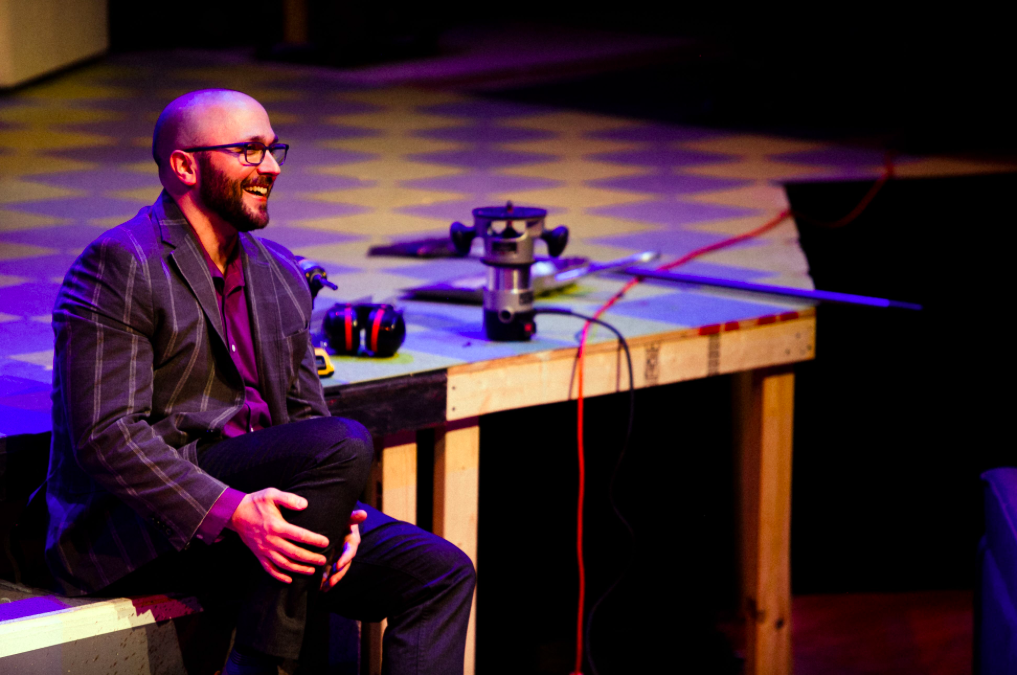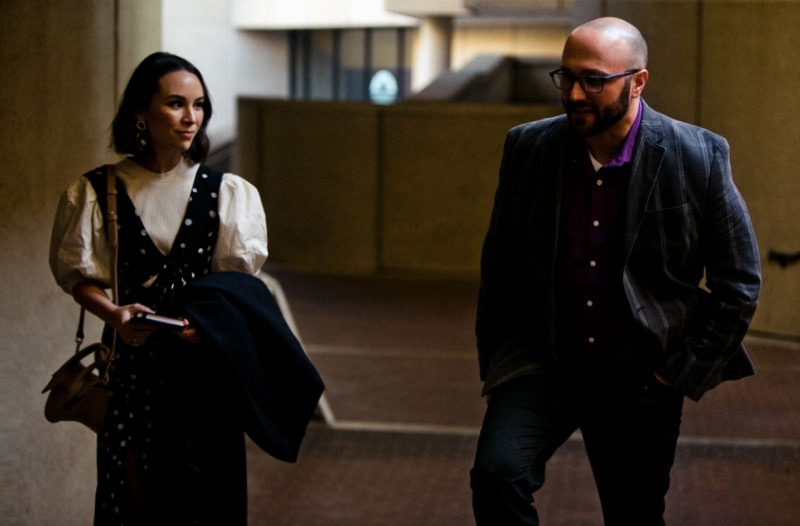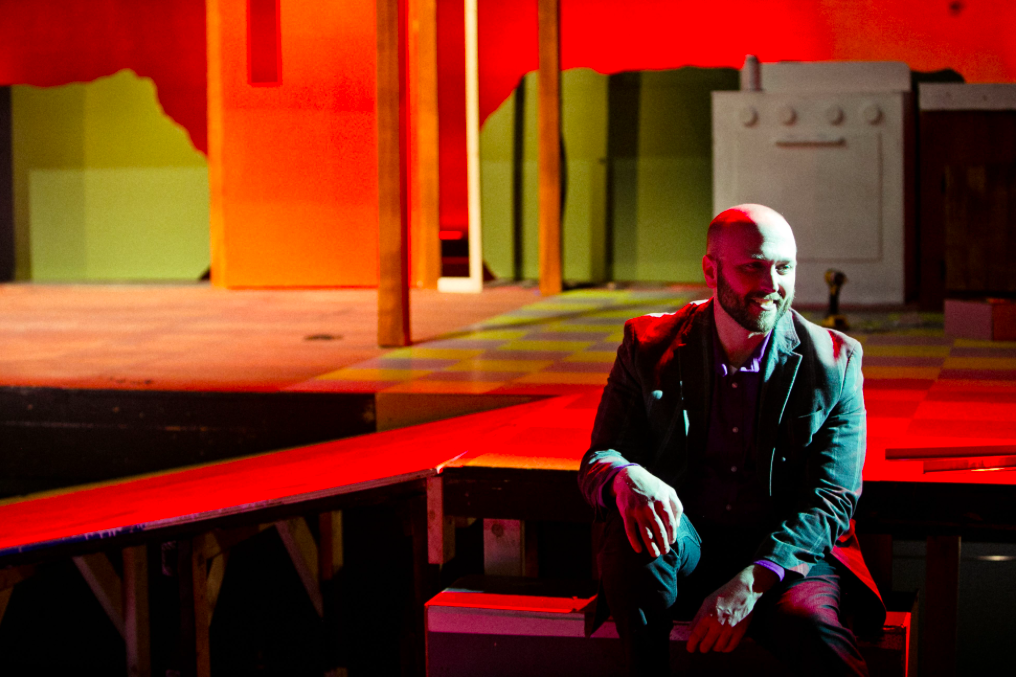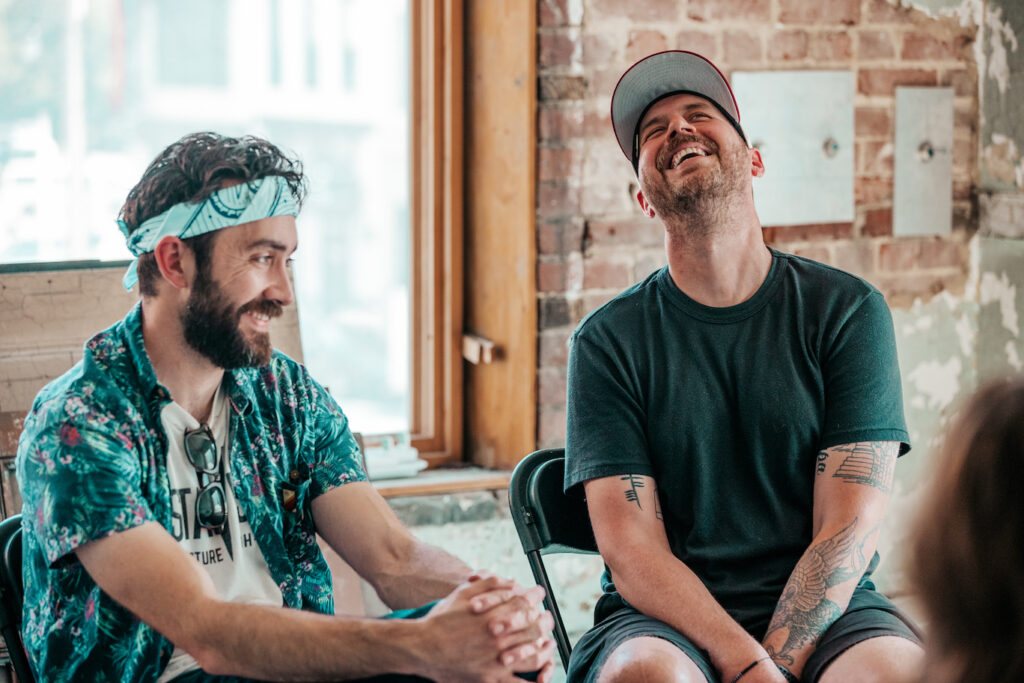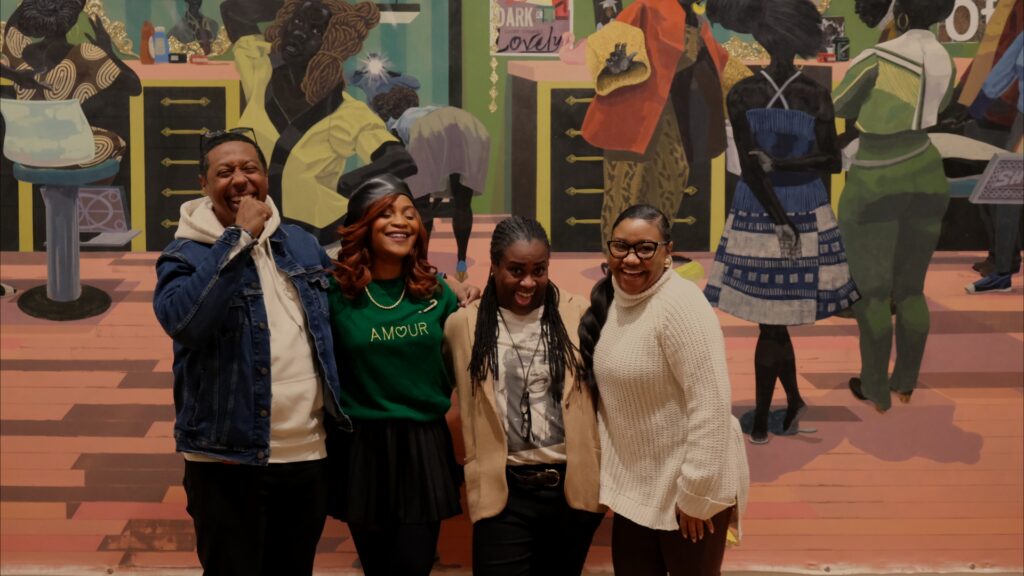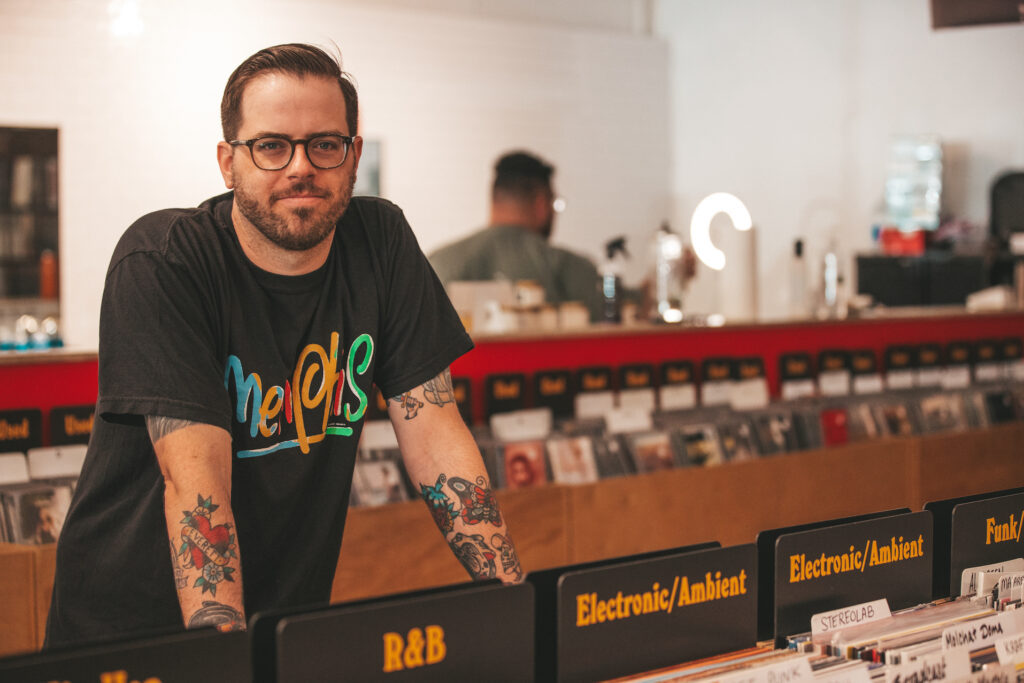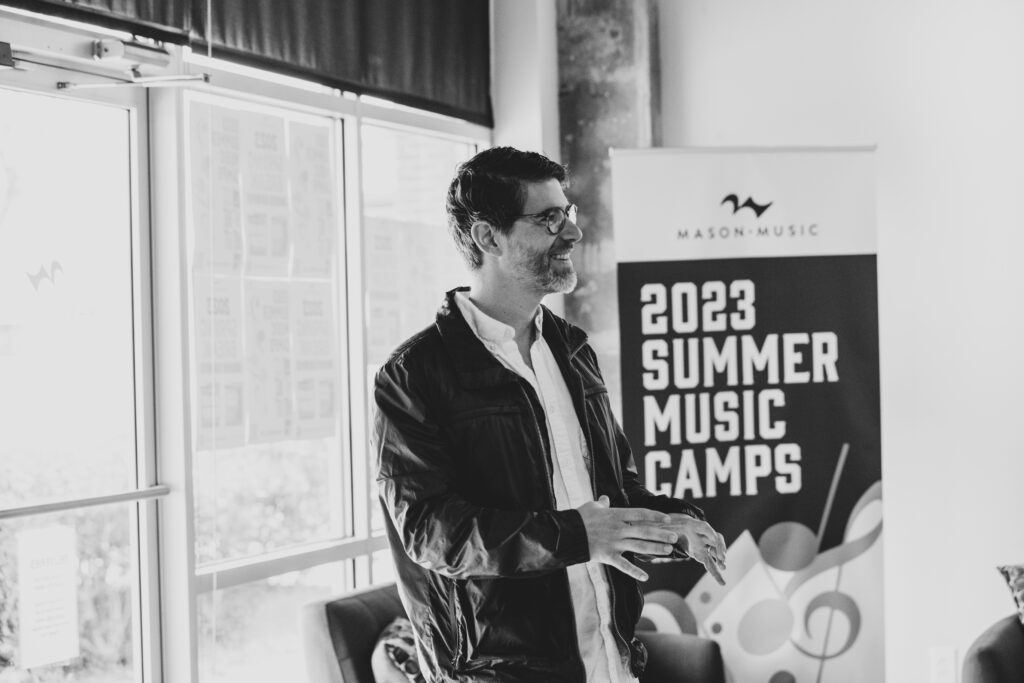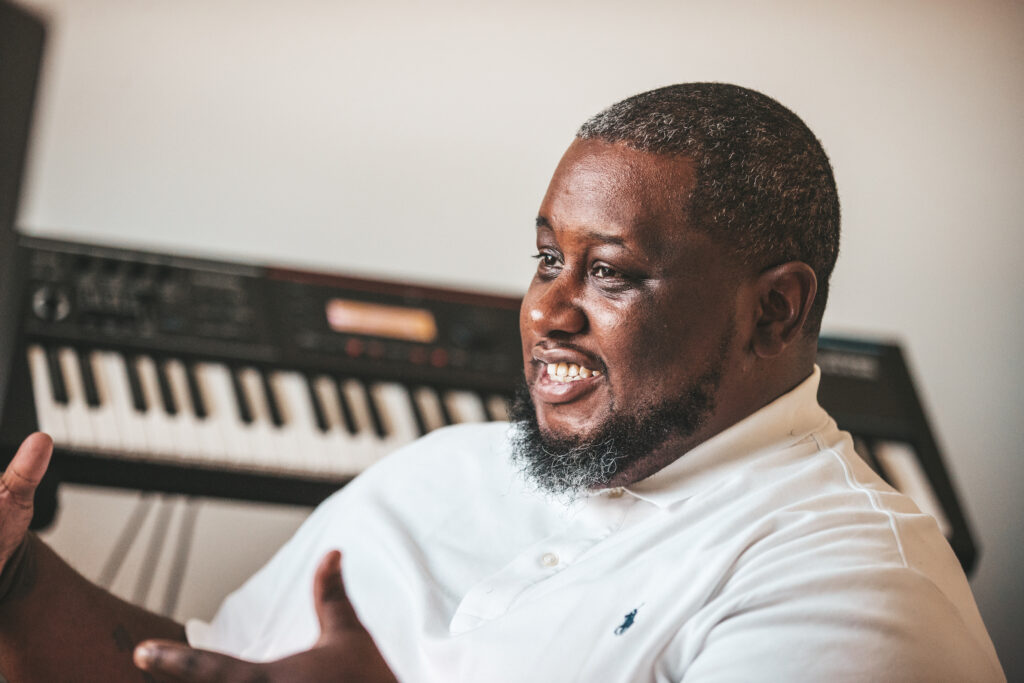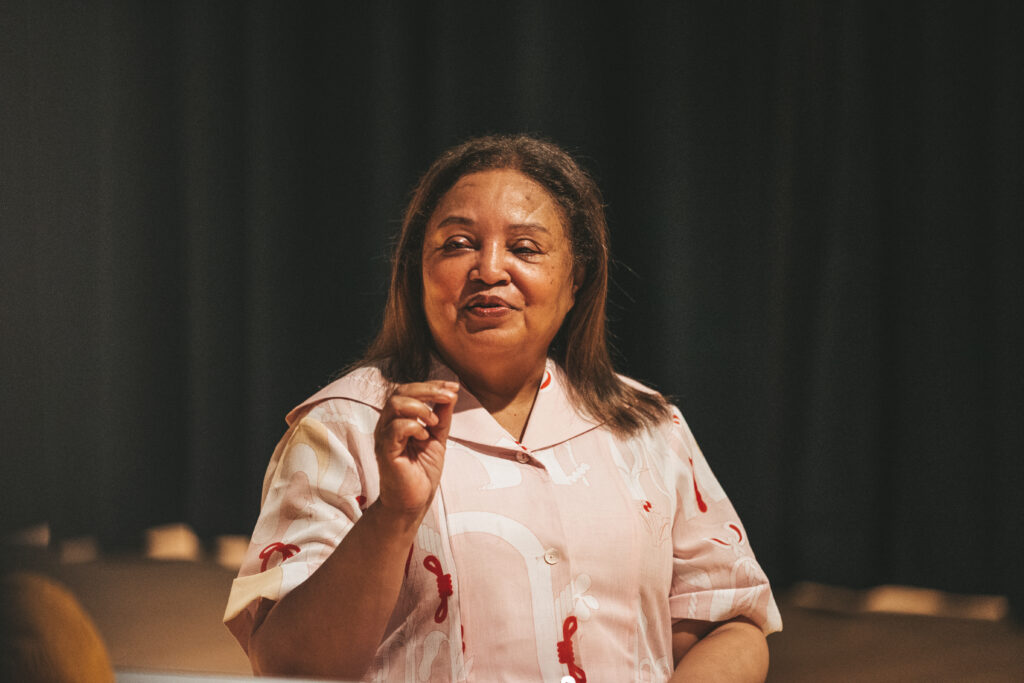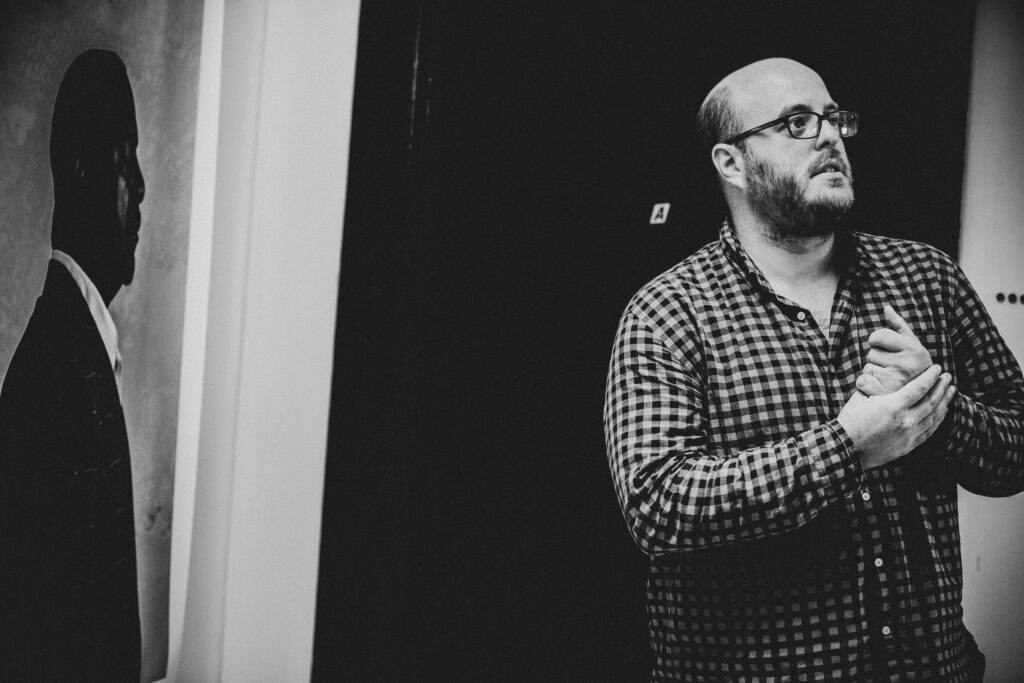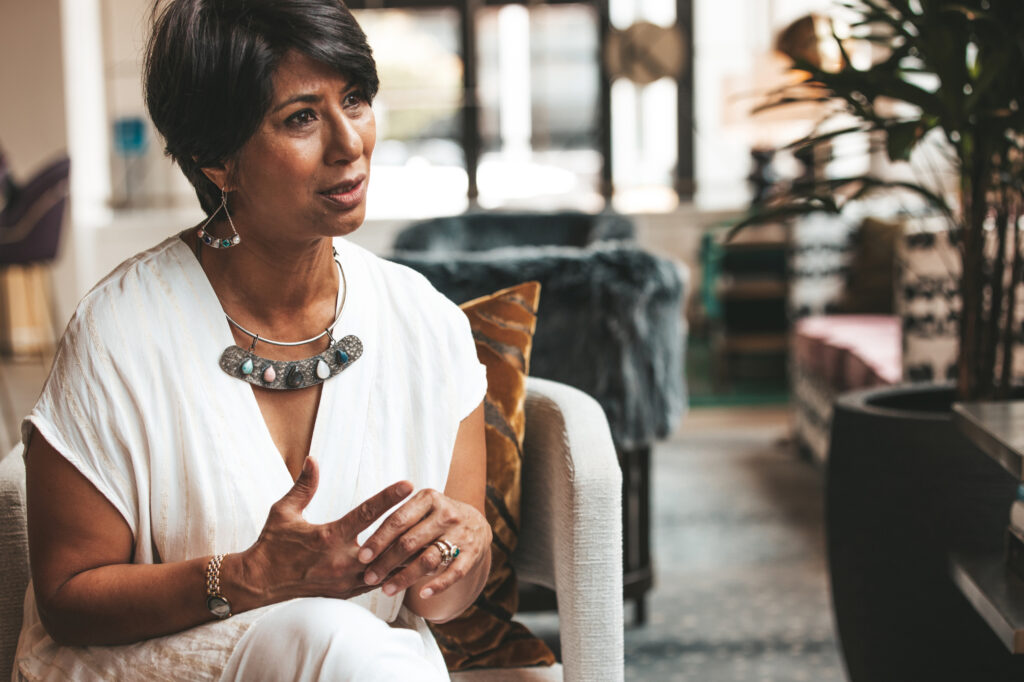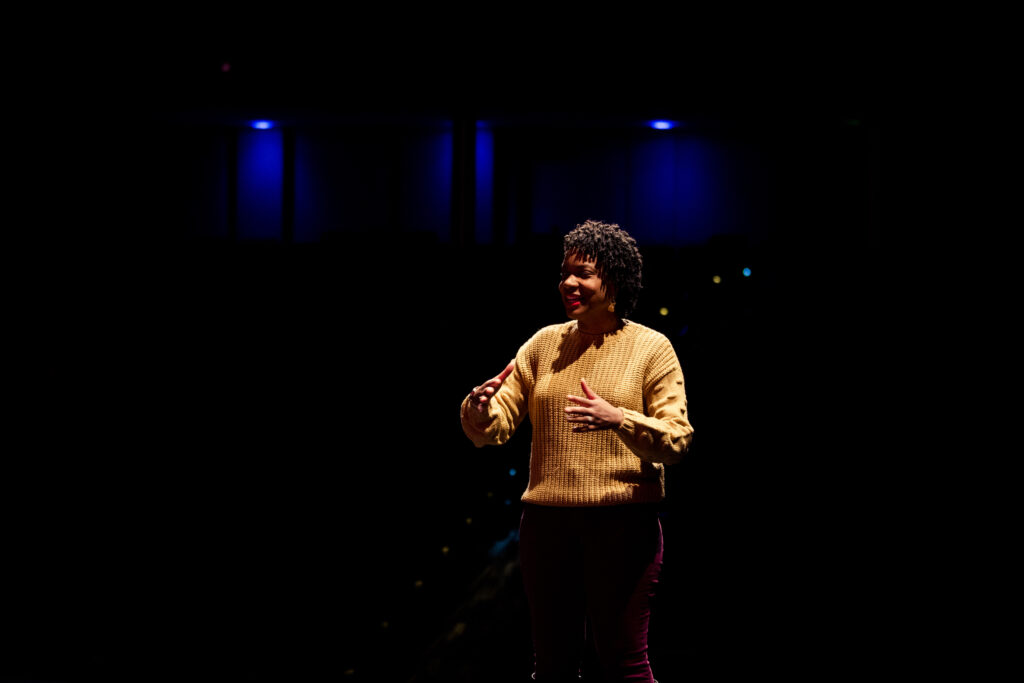Interview by Tonia Trotter
Photos by Ambre Amari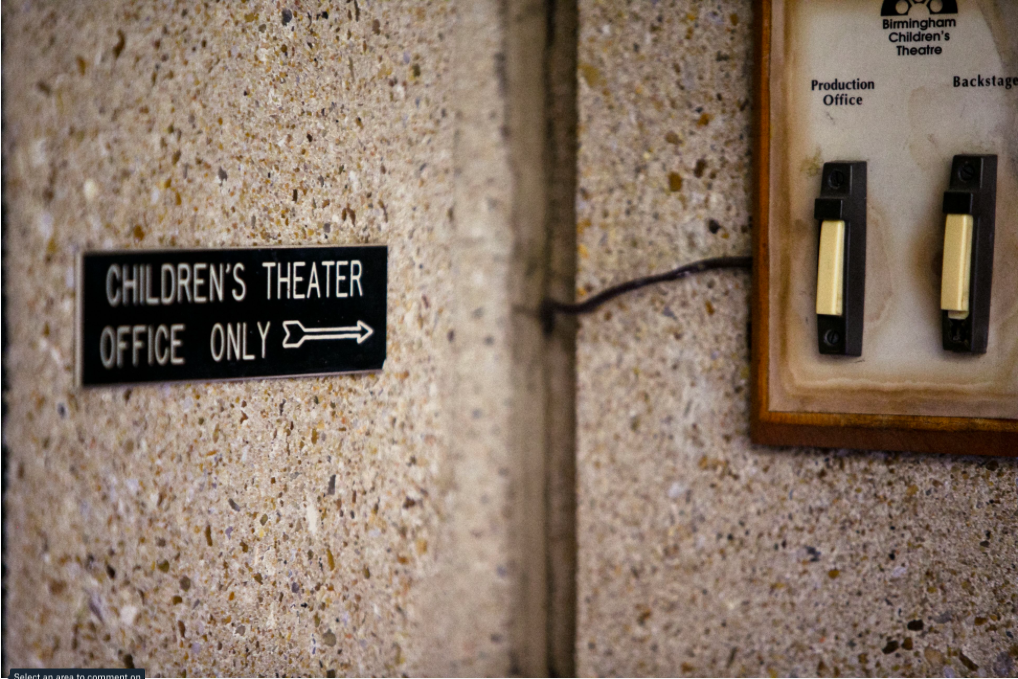
According to Brandon Bruce, Executive Artistic Director of Birmingham Children’s Theatre, there are no small parts — only small audience members. With a passion for timeless stories that speak to all ages and a commitment to equitable and inclusive casting, Brandon believes that theatre for young audiences can serve to entertain, educate, and empower all at the same time. This month, the award-winning director, actor, fight choreographer, and veteran of the Chicago theatre scene is directing Bunnicula, a musical adaptation of the classic children’s book about a mysterious new family pet who is not quite what he seems.
How has Birmingham Children’s Theatre evolved in recent years?
BCT is the second oldest professional theatre for young audiences in the nation. Its history goes back to 1947! We’ve been able to bring in a really amazing full-time staff that is teeming with creative energy and really inspiring to be around.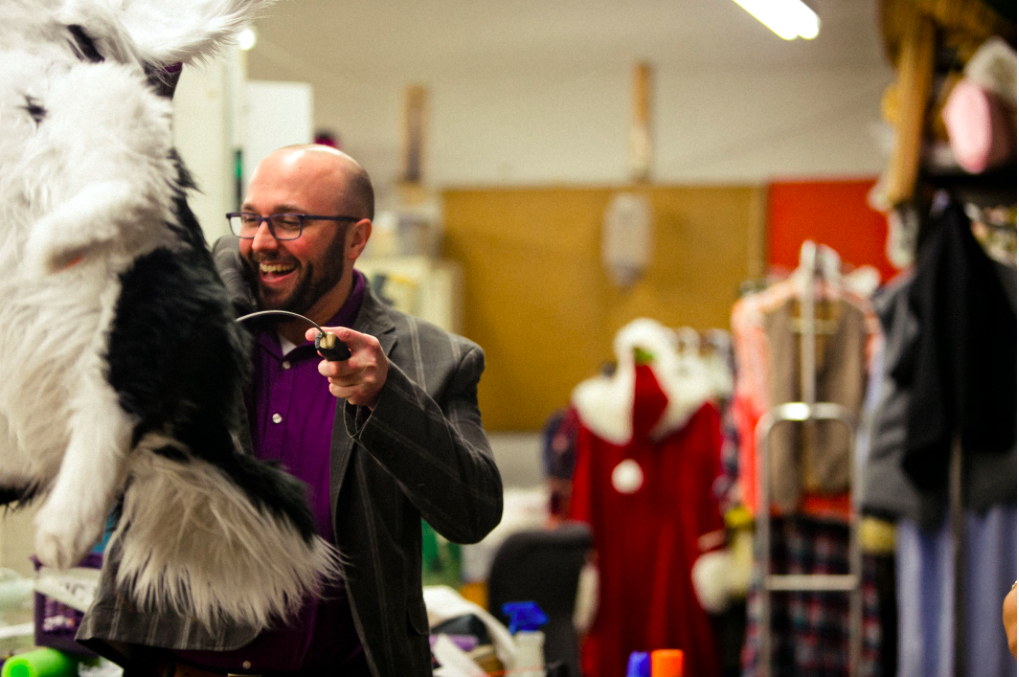
When I joined this team, there weren’t as many actors of color on our stage. We made that a top priority because we wanted our artists to reflect our community. I made a decision to hire an African-American actress as Cinderella in our production because I wanted to make sure that all the little girls in our audiences had the opportunity to imagine themselves as Cinderella.
In the second show I directed here, James and the Giant Peach, there was a performance with an entire row of disabled adults in the mezzanine. That experience really stuck with me. I got to go speak with them in the lobby after the show, and their enthusiasm for what we were doing left a mark.
How has that experience influenced your choices as a director? How do you hope audiences will respond?
One of our actors, Andrew Brown, and I will be leading a workshop at the Southeastern Theatre Conference on working with disabled and neuro-diverse performers. Andrew, who is in both Bunnicula and our upcoming show The Sword and the Stone, is a full-time wheelchair user. He studied Theatre at the University of Montevallo and is a strong performer and incredible singer, with a very funny sense of humor. Andrew shows up on time, with a great attitude, and his lines memorized — those are the three most important things! But, on top of that, he adds a layer of likability and insight. Being disabled doesn’t define who he is; it’s just one part. I think that representation in our programming is an important part of our mission.
When it comes to programming, nothing is really about the performers. It’s about the audience that is seeing the show, and some of those audience members are disabled students who are seeing someone on stage teaching them that they aren’t limited.
What challenges have you encountered during your time at BCT, and what have you learned from those experiences?
When I joined BCT in 2016, my goal was to build on what we already had. The theatre was going through some tough financial times, and I thought it was important to focus on the quality of production. There’s sometimes a knee-jerk reaction when that happens to scale back on productions and spend less money, but my experience has been that if you make a great show, people are going to come and see the show. Your reputation and your success is built on the previous year. If people came to see your show in 2018 and loved it, they’re going to come back in 2019. If they didn’t like your show in 2018, they aren’t coming back.
Why is supporting the arts, even in times of economic insecurity, so important?
Each year, we have around 140,000 children in our audience. I would say that about 70% of them haven’t seen a play before. If they have a positive experience in the arts then and there, they are more likely to be looking at the arts later.
Not only do audiences need a sense of entertainment and escapism, but the economic impact that the arts makes in a city is quantifiable. The arts create more than art and a sense of culture; we create jobs. In this room right now, there are a handful of people who are employed by BCT preparing for our upcoming show, and that’s just our audio/visual engineers and set designers. We also have a cast of eight in our current show. There are costume and prop designers and then, of course, administrative and executive staff as well.
What would you like people to know about BCT that they may not know?
A lot of people assume that because we are a children’s theatre that all of our performers are children! Obviously, some are because the characters might be children, but all of our performers are professional actors. There is sometimes a weird stigma that theatre for young audiences is viewed as “less than” in the spectrum of theatre productions — that it isn’t serious theatre. But, in my experience, some of the best shows I’ve been involved in or seen have been intended for young audiences.
If the show is good, then it’s good! I don’t have kids, but I have seen nearly every Pixar film produced in the last thirty years. Those stories are great stories, and those films are great movies. Yes, they’re made for a younger audience, but that doesn’t mean that they don’t resonate with people of all ages. Bunnicula is like that; there is a lot of humor that appeals to an older mindset.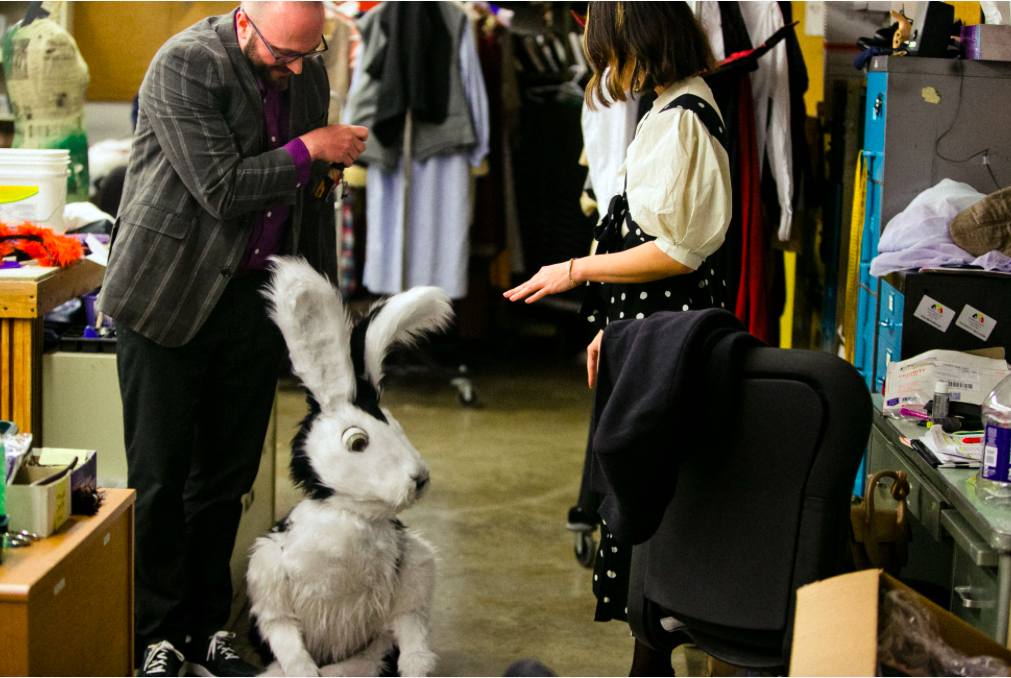
We often pull from masterworks of literature — Alice in Wonderland, Peter Pan, and The Three Musketeers. Those books were written for children, but they are no less important works than King Lear or Moby Dick. In Peter Pan, when Peter and Wendy say goodbye, Wendy is accepting her own mortality, in contrast to Peter who never accepts his true self and therefore forever remains a lost boy. The entire story revolves around the roles of mother and father figures and what we desire or fear from them. Those are important themes regardless of your age.
There is always a “why” when a person chooses to pursue a career in the performing arts. What is yours?
This is definitely a career and lifestyle that requires long hours and hard work — emotionally and physically. I used to say that I loved the process. I’m not proud of it but, for a time in my life, I chased after awards and recognition. I thought that was important, and in a way it is, because it can facilitate higher ticket sales. But I really didn’t ever want to feel driven to do things for awards, but you can get lost in it really easily.Life has shifted for me, and now it has never been easier to answer the “why.” I’m doing the best work that I possibly can for the children and families in Birmingham. I’ve never felt more needed. I’m not a doctor; I’m not saving anyone’s life. But I can make shows. At this time, when everything is so drastically divided in our culture, it feels important to tell stories that are about empathy, accepting and empowering each other, and coming together. It might sound hyperbolic, but that makes our job to save the world.

